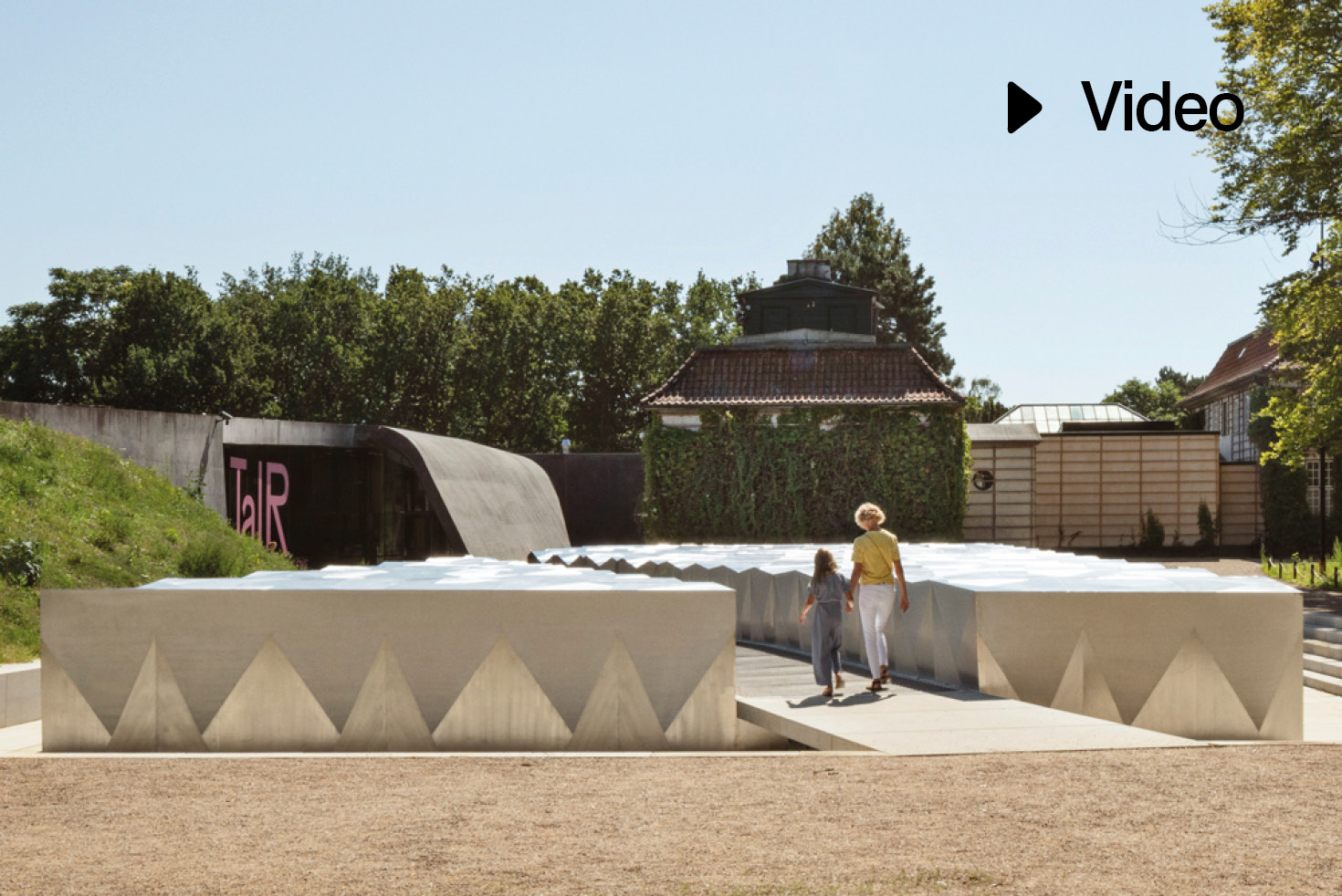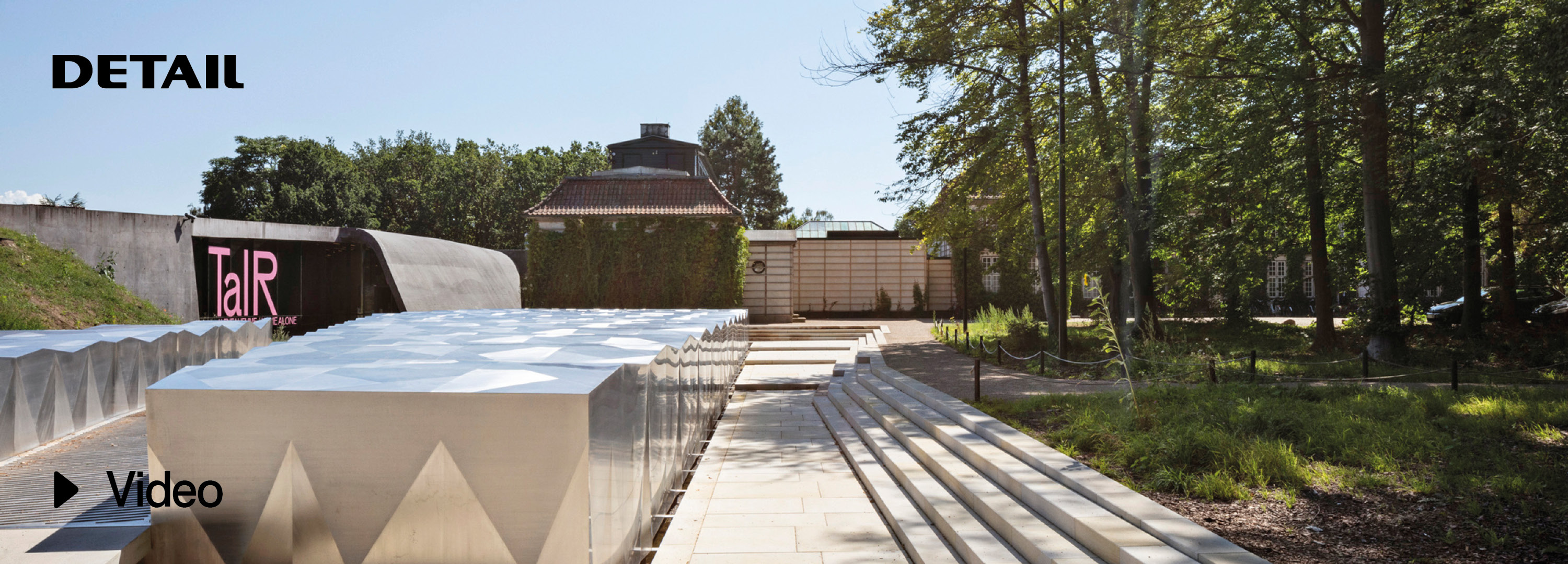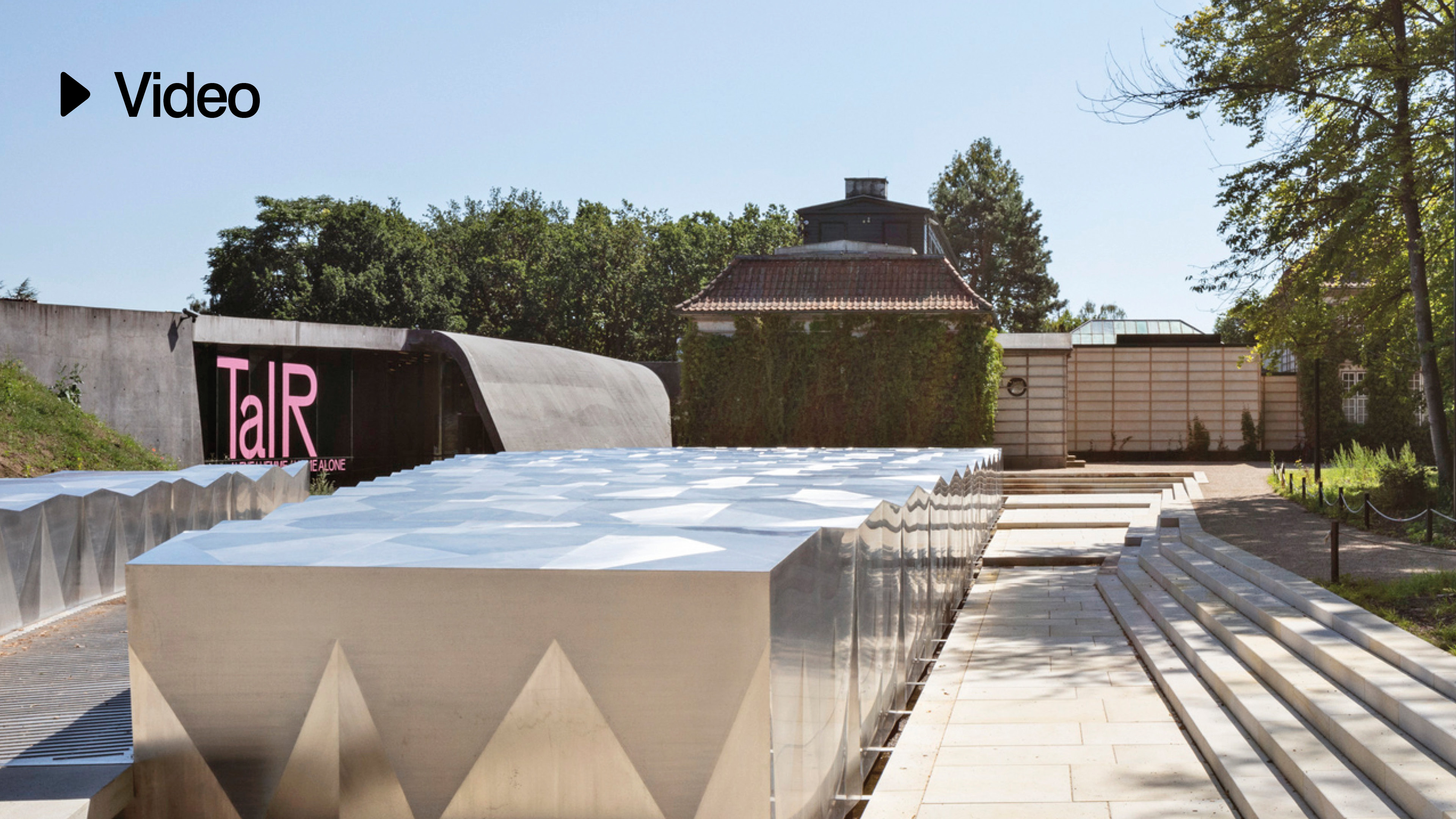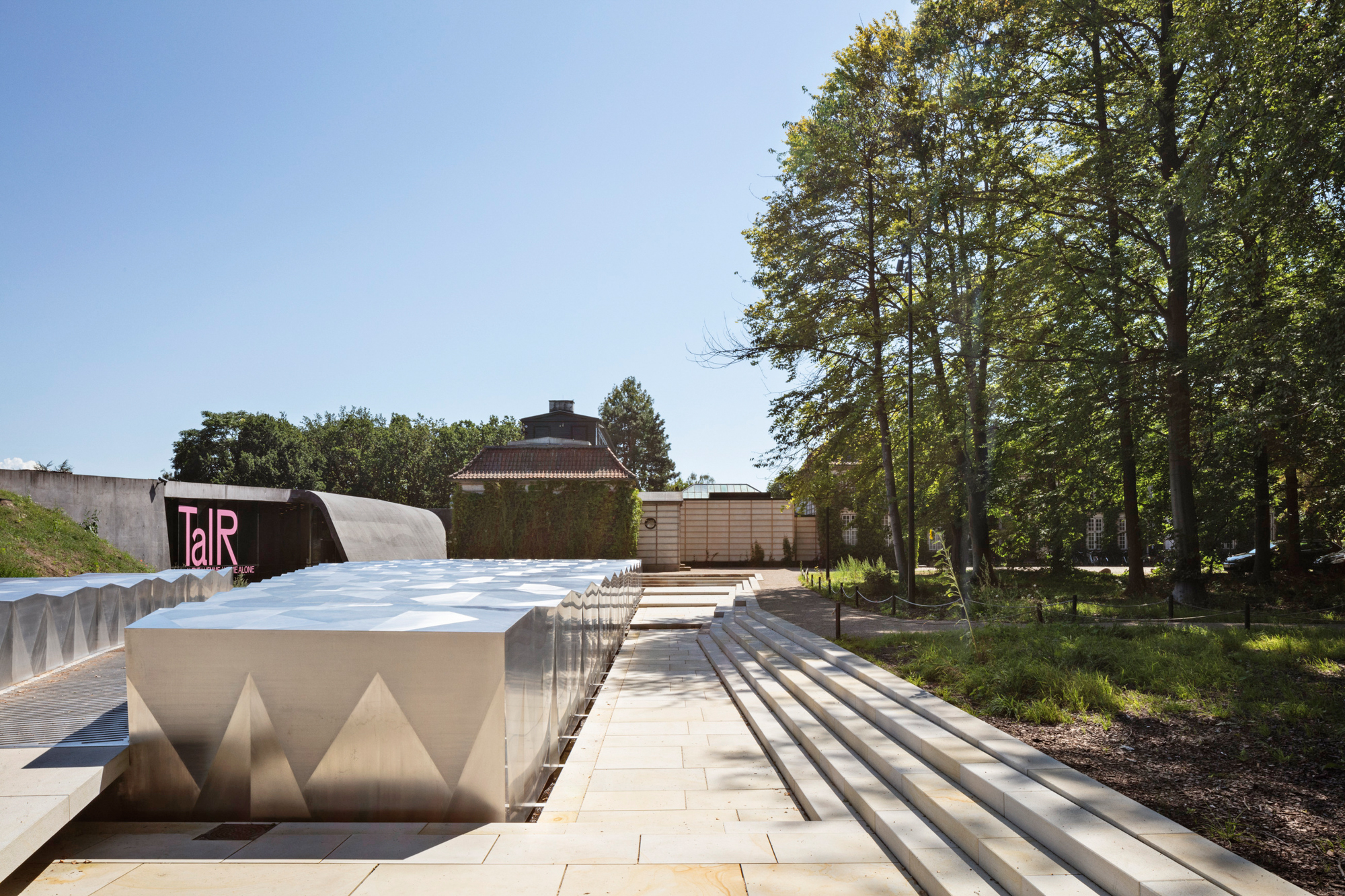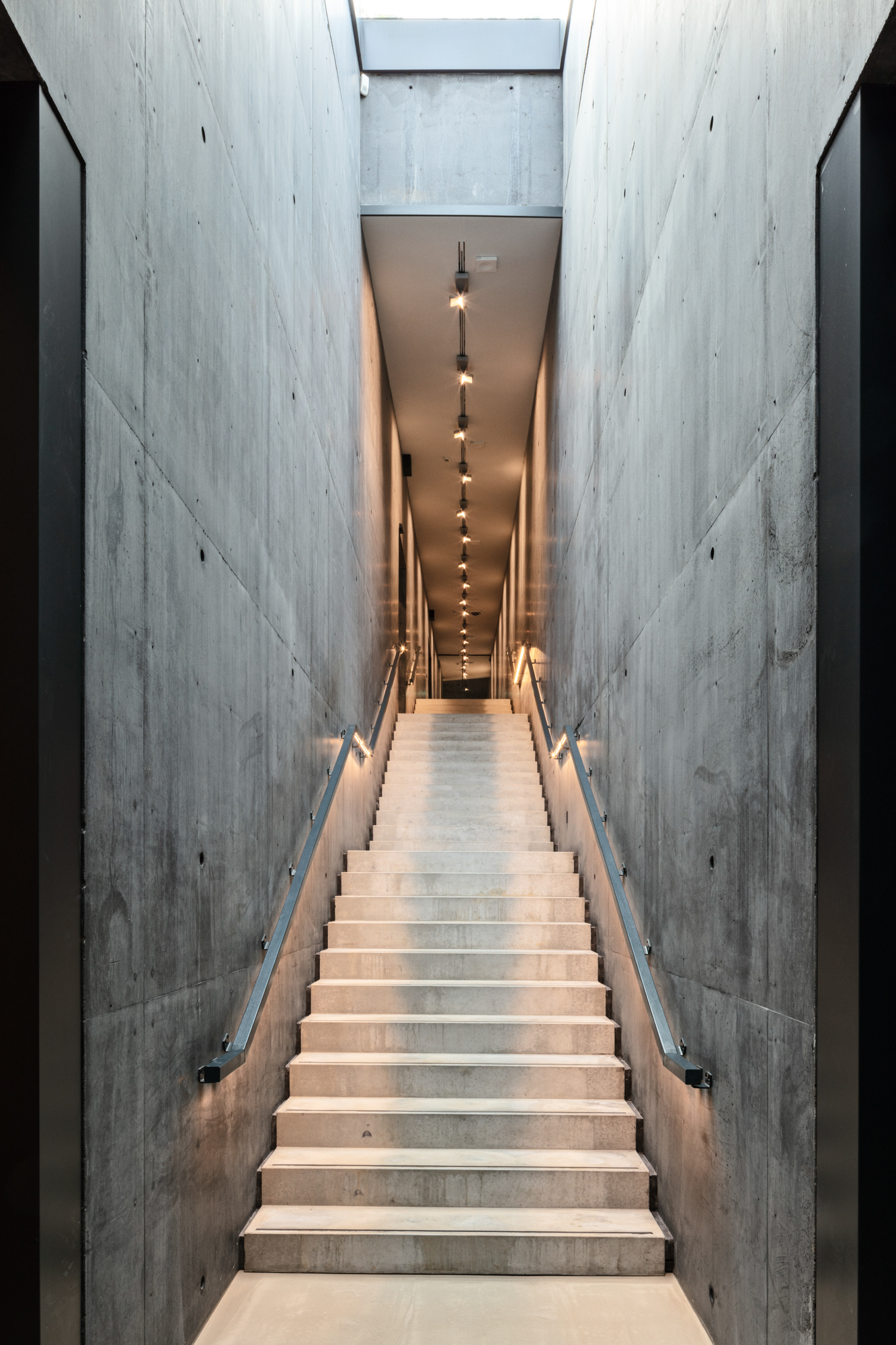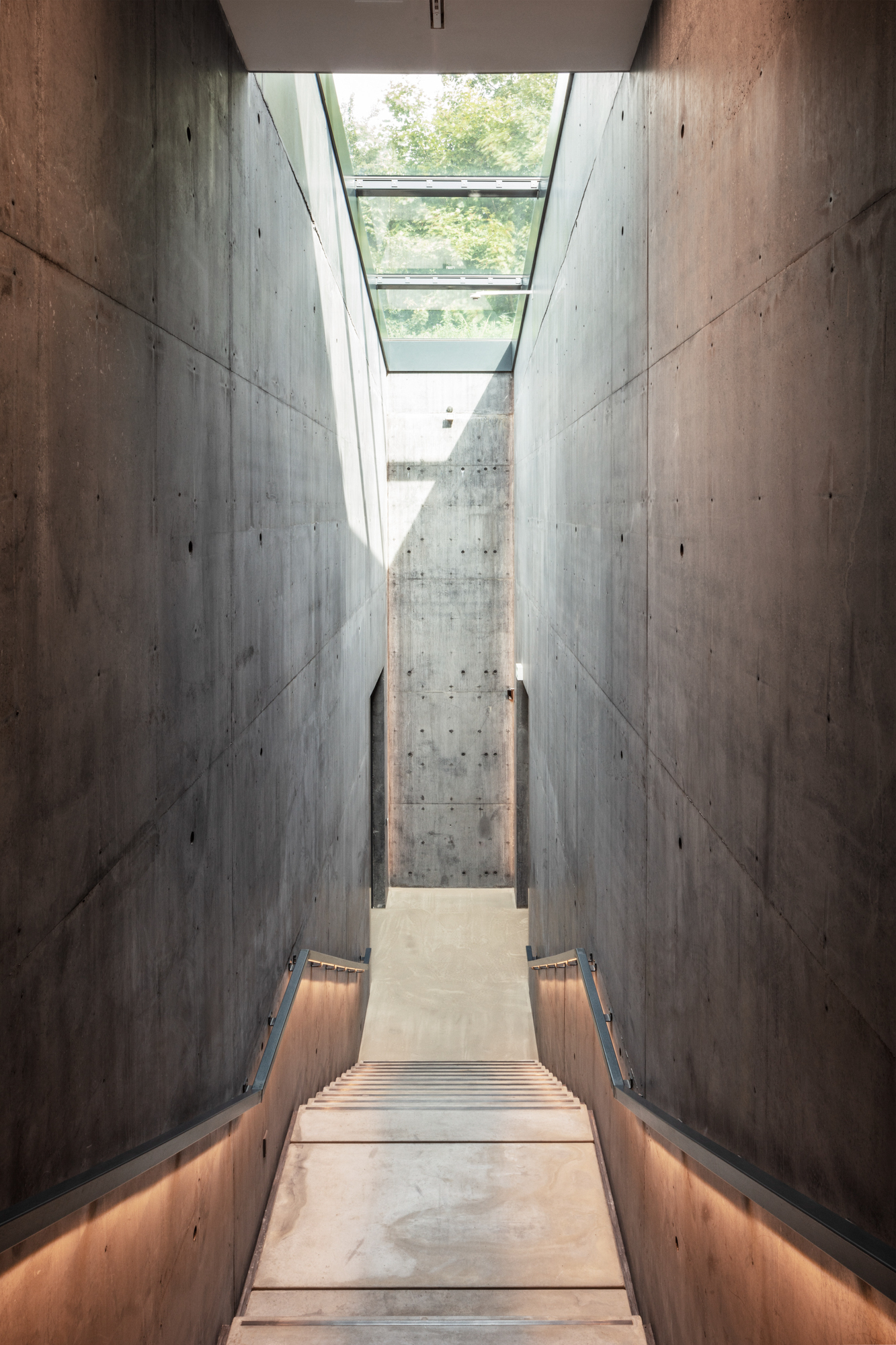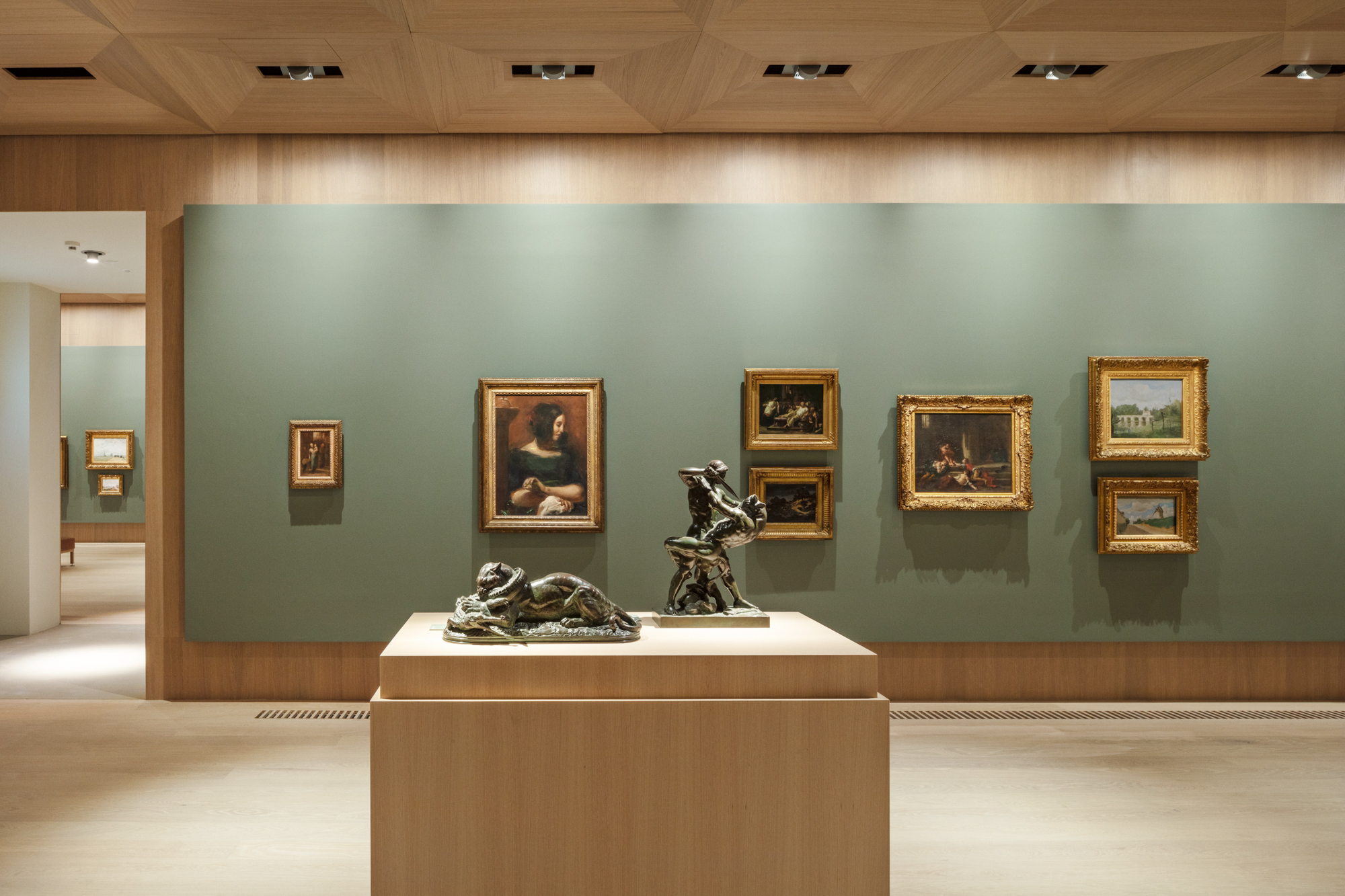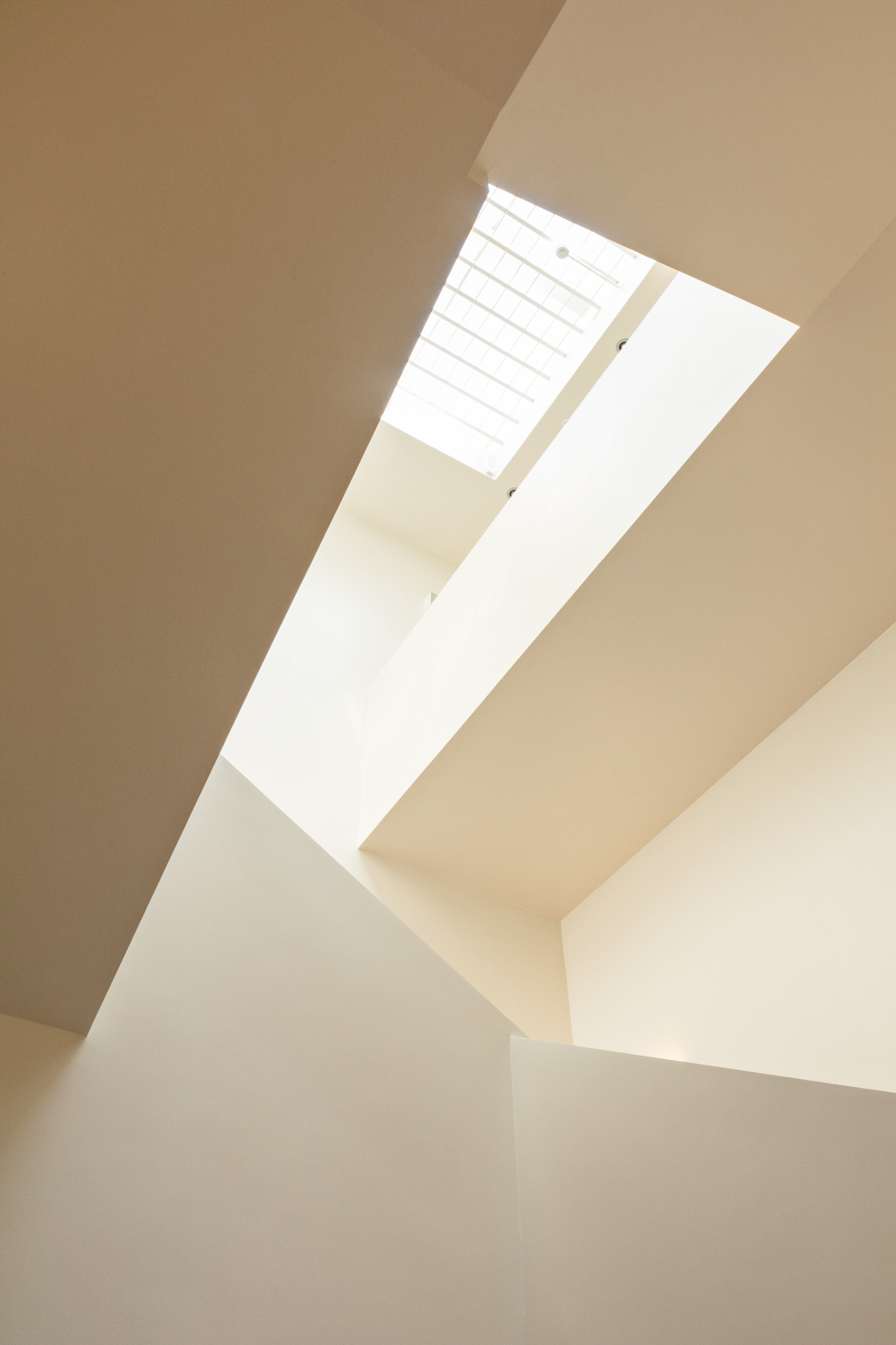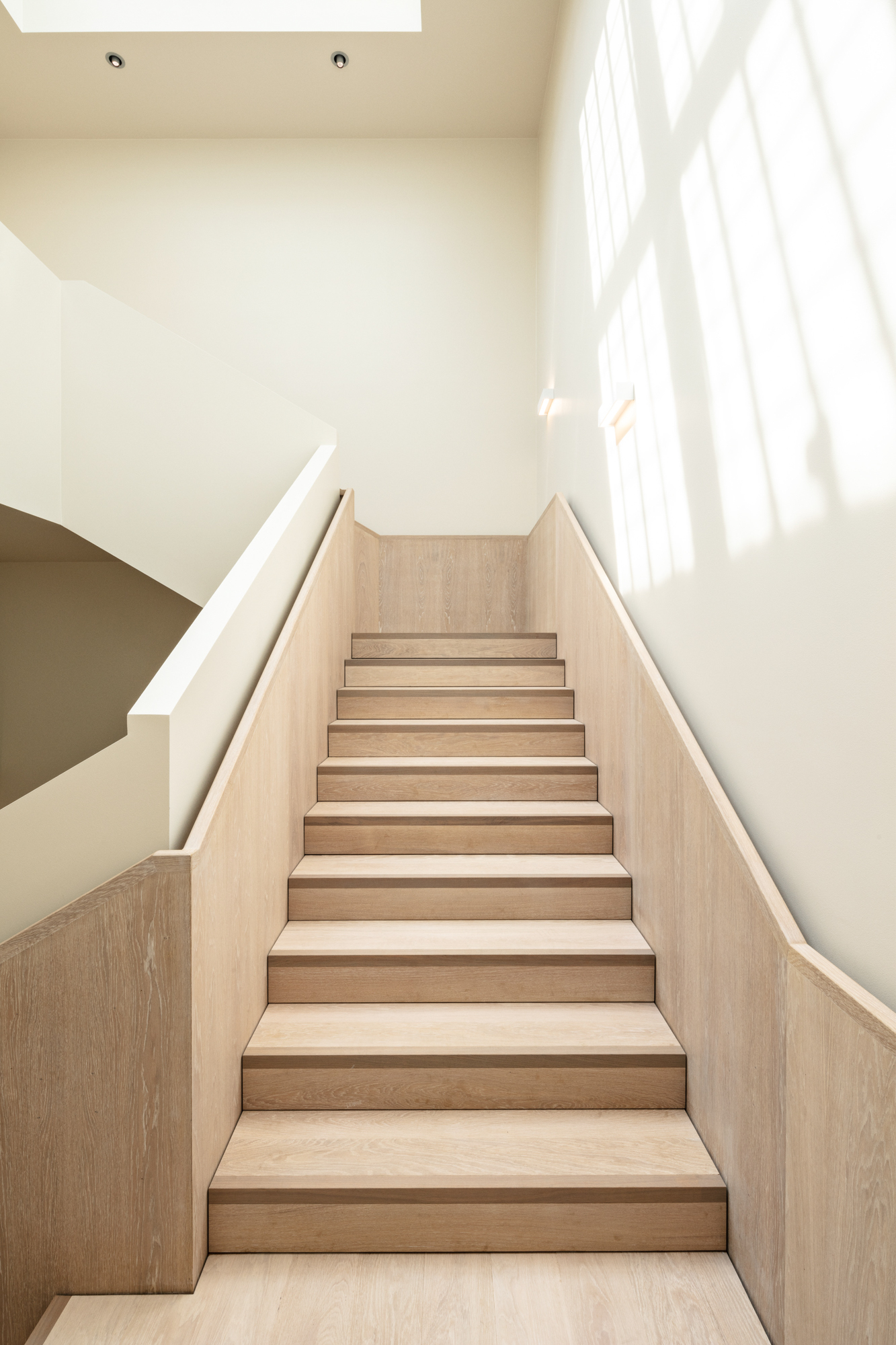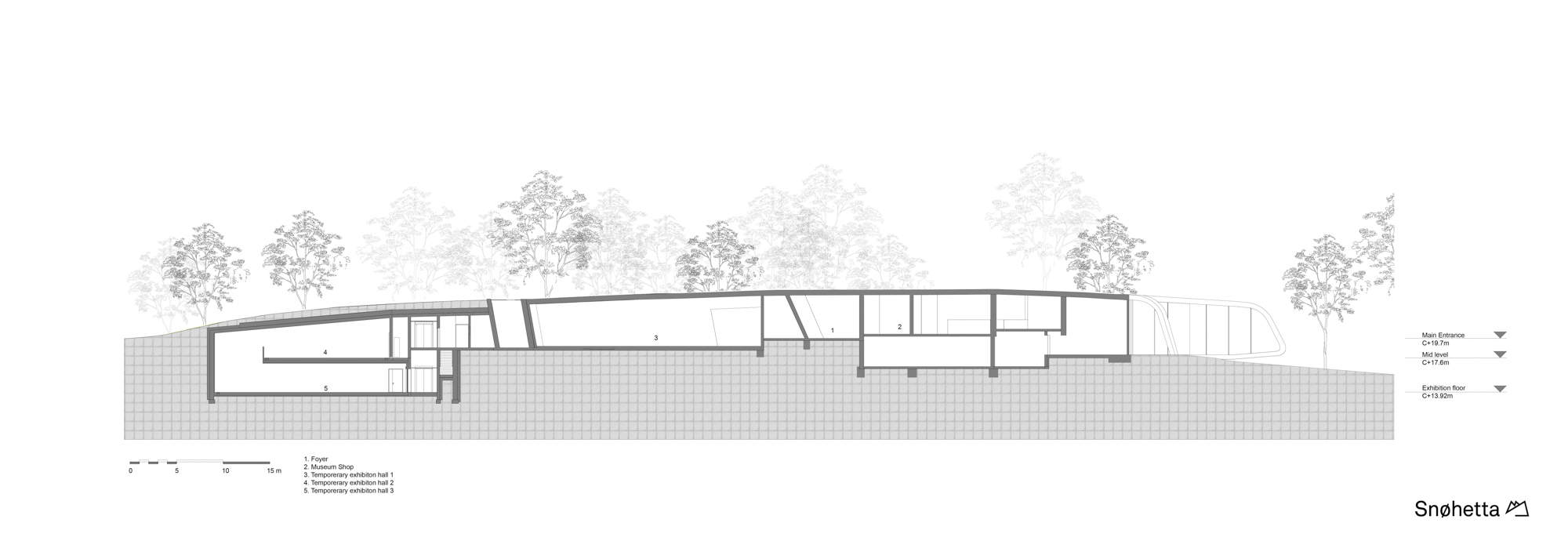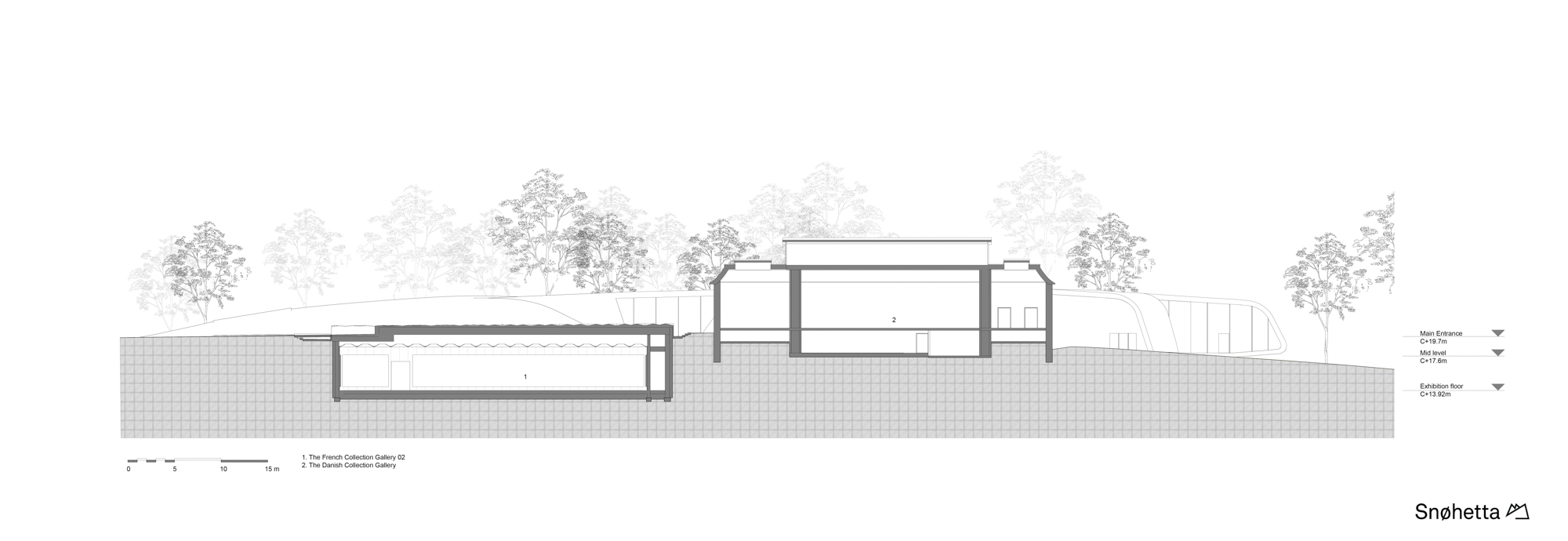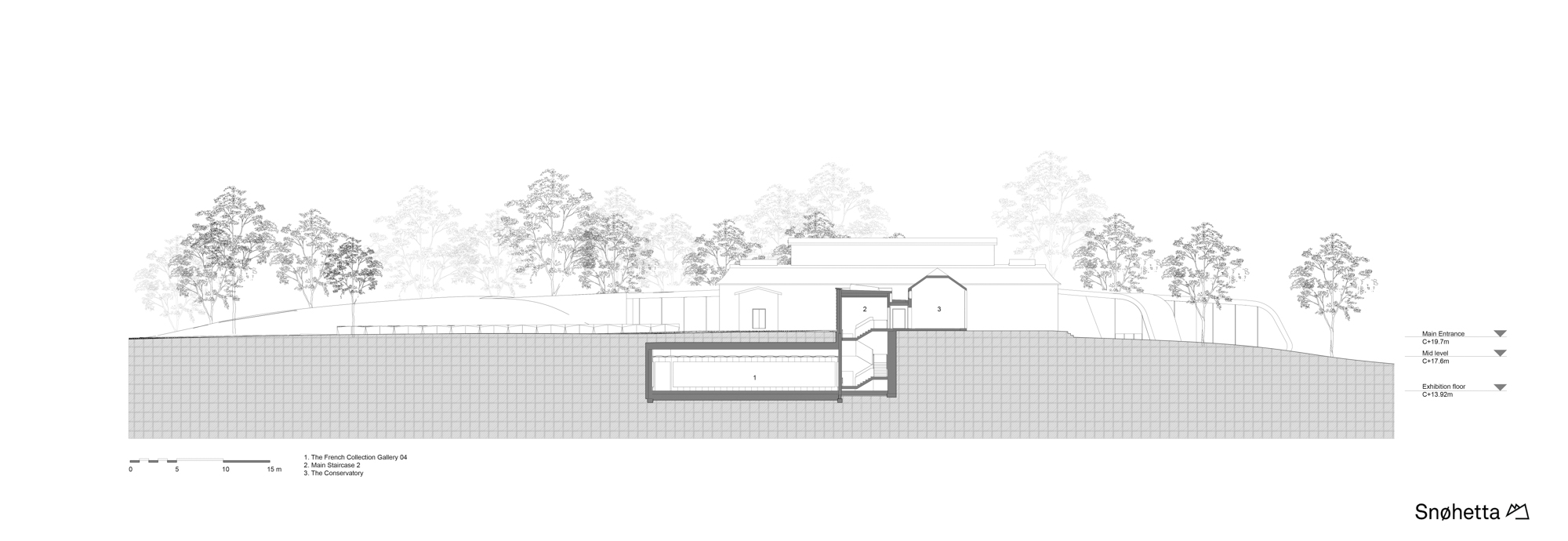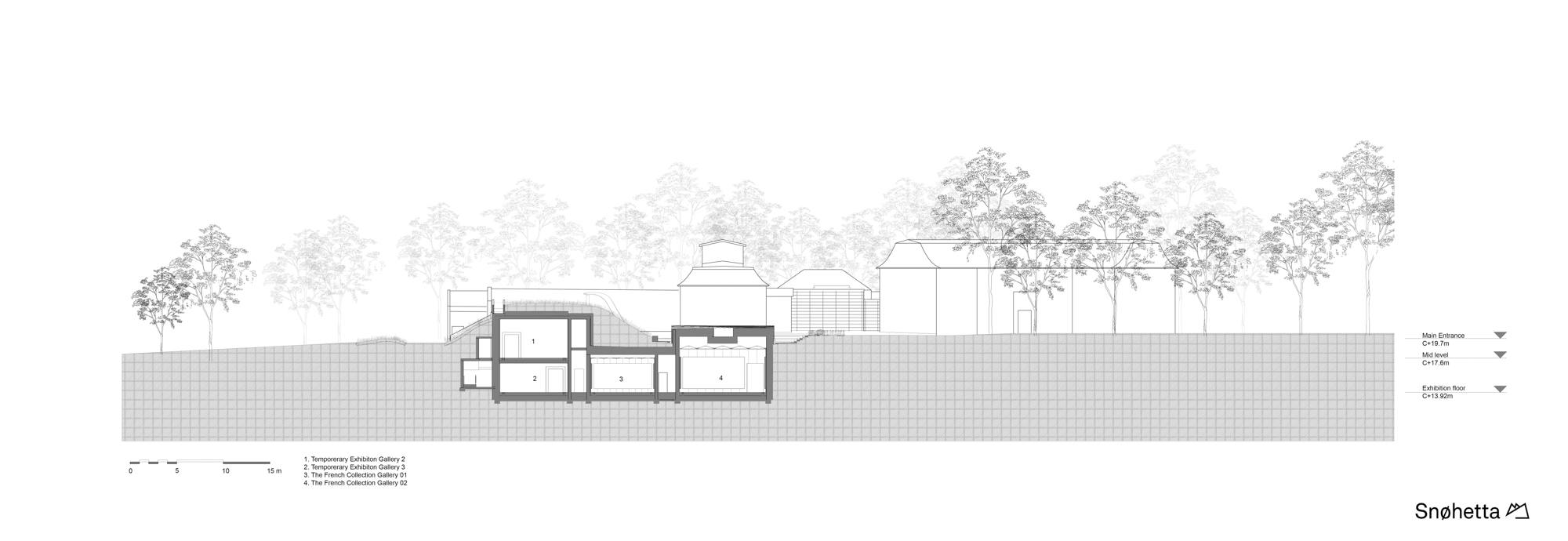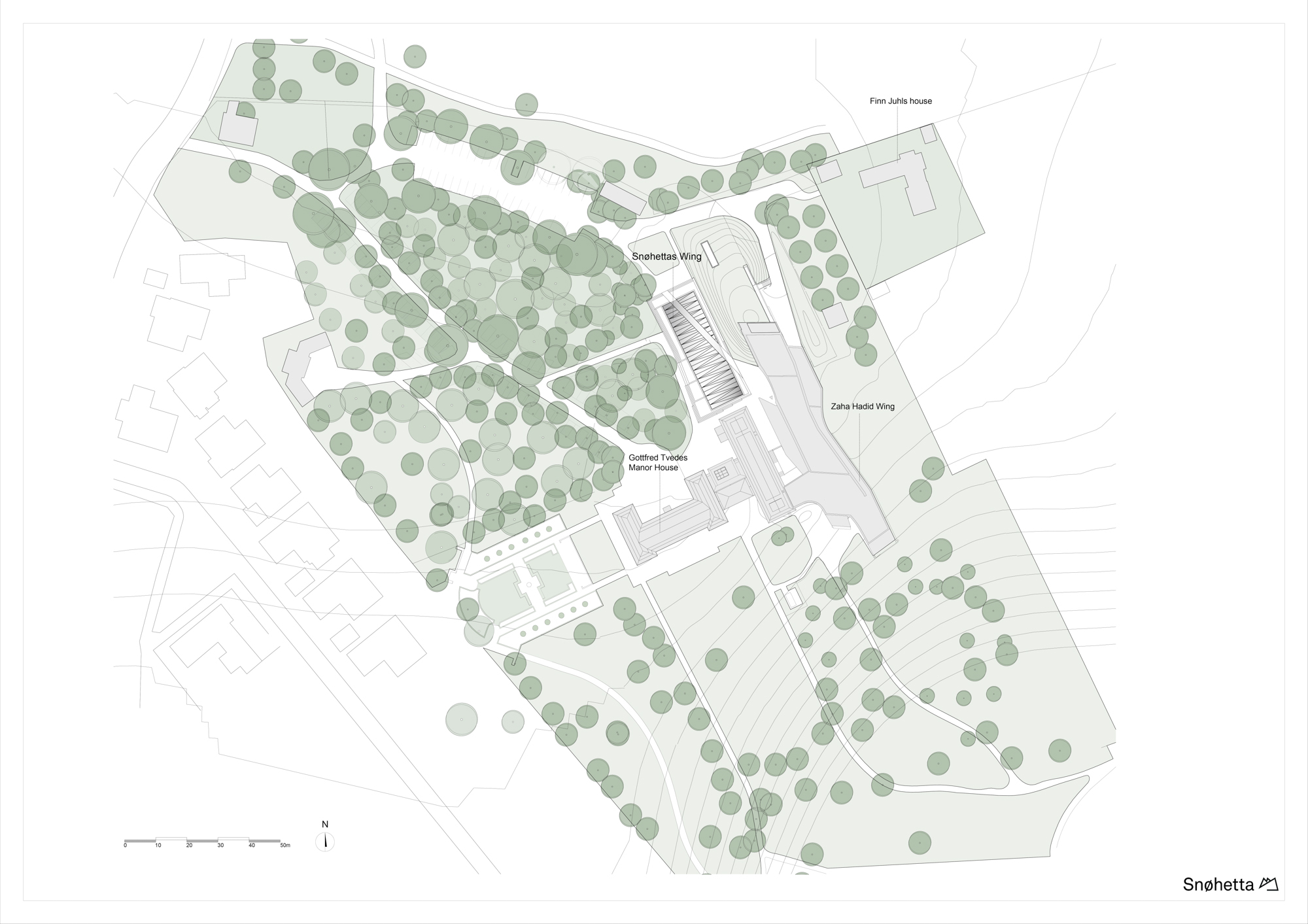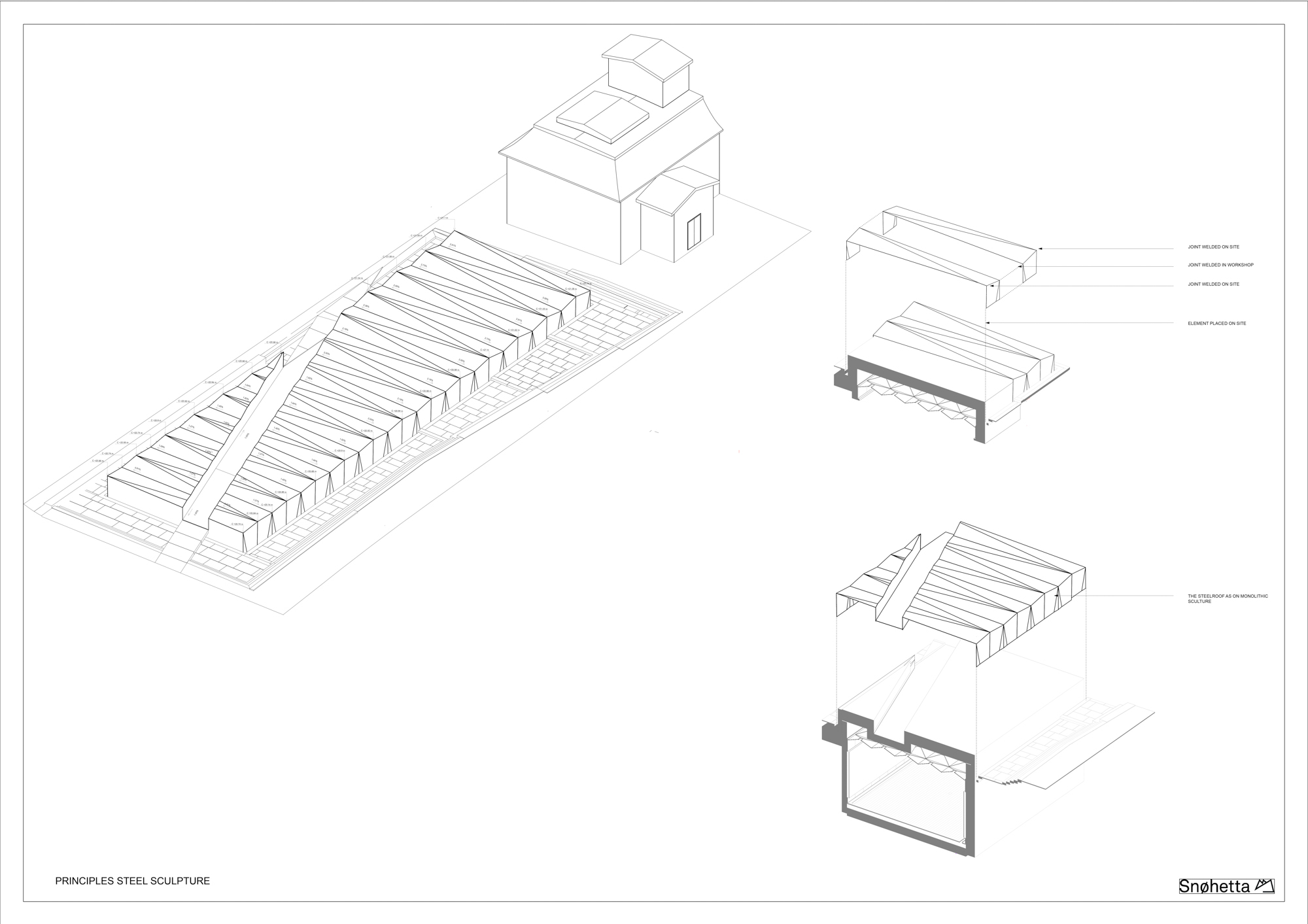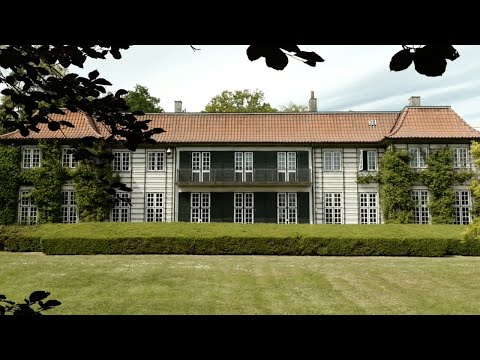Stainless-Steel Garden Art: Snøhetta Expand the Ordrupgaard Museum
The Ordrupgaard Museum, which is located in Copenhagen’s suburb of Charlottenlund, is home to one of the best collections of French Impressionist paintings in Scandinavia. However, Danish art of the 19th and early 20th centuries is also well represented in works by Eckersberg and Hammershøi. From 1916 − 1918 Wilhelm Hansen, an insurance magnate and founder of the collection, had a neo-Classical country home built on this estate north of the capital. Right from the start, the house served as a combined residence and exhibition building. It is surrounded by a landscape garden in the English style and a small rose garden designed according to French models.
In 2005, Zaha Hadid Architects doubled the exhibition space with an addition to the north; the extension has also served as the main entrance since then. For the second expansion, the architecture competition from 2012 required that 1,800 m2 of floor space should be underground. Ultimately, the generous character of the estate in the posh suburb of mansions north of the Danish capital was to be preserved.
The one visible portion of Snøhetta’s expansion is a low stainless-steel cube that rises from a paved square on the grounds. It is diagonally sectioned by a concrete pathway − the most direct way to the museum entrance. The cover of folded sheeting resembles a three-dimensional water basin; its light reflections are reminiscent of the paintings of the Impressionists, who were masters at representing such natural phenomena. The metal cladding was welded into large, U-shaped elements in the workshop and then installed over the concrete roof in situ. On the building site, the metalworking company responsible for this part of the project welded these elements together to create a solid metal shell.
The largest of five subterranean halls lies beneath the metal cube. Snøhetta have joined the exhibition spaces in Ordrupgaard to make a closed round tour. Two of these, which are dressed in a sober white and connected via a two-storey atrium, extend the spaces for temporary exhibitions located in the Hadid building. The other three are devoted to the Impressionists: with their oak walls and green panels, they exude the spirit of the Belle Époque.
We feature this project in Detail 10.2021.
